Session
Leveraging Solutions: Smart Policies, Plans, and Actions
Looking at SDGs Through a Resource Lens
The SDGs provide broad direction for national level actions on sustainability. However, crucial linkages between global political frameworks and practical actions on the ground have yet to be discussed in an integrated and harmonised manner.
Asia is the region where most economies are growing rapidly with high resource intensity. The session will examine natural resource and consumption issues from upper (production) and lower (consumption) stream perspectives, highlighting local implementation challenges associated with addressing the SDGs and climate change. Moreover, nexus approaches with regard to resource management will also be discussed, as well as the role of different stakeholders in delivering on these objectives.
This session is partly supported by Environment Research and Technology Development Fund (S-16-3) of Environmental Restoration and Conservation Agency (ERCA).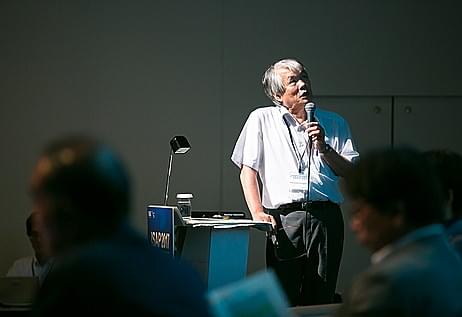
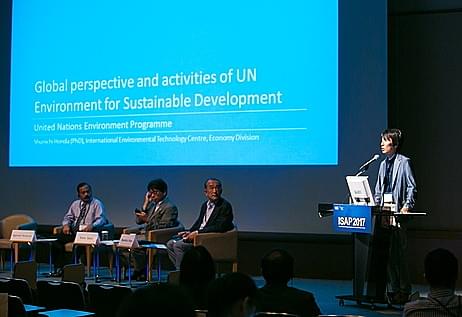
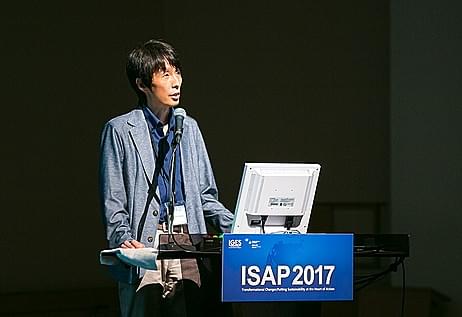
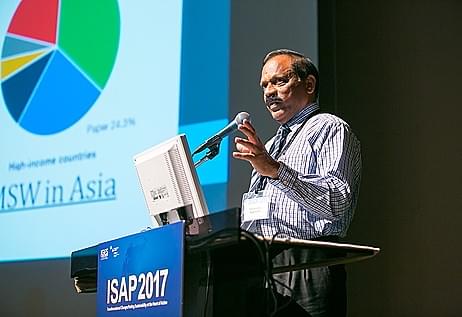
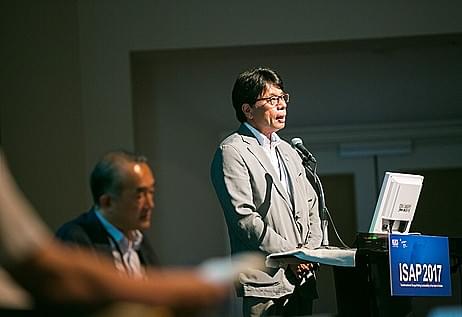
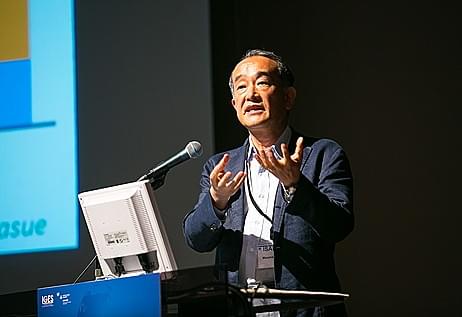
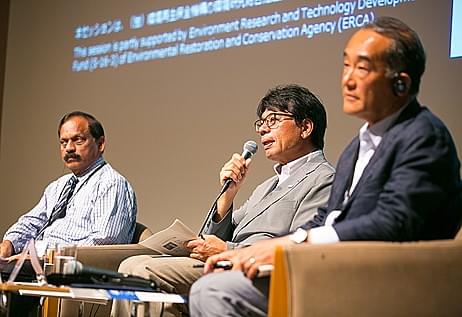
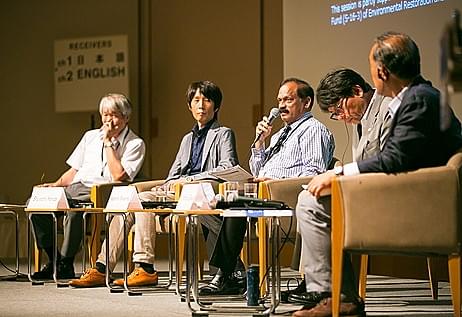
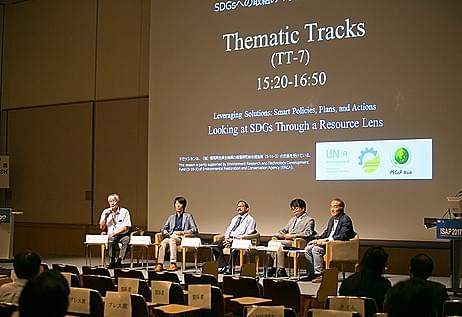
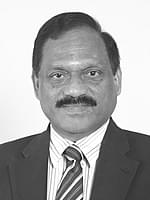
SSS
Agamuthu Pariatamby
Professor, Institute of Biological Sciences, Faculty of Science, University of Malaya
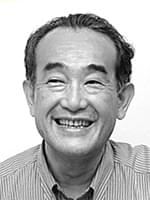
SSS
Masahiko Hirao
Professor, Department of Chemical System Engineering, School of Engineering, The University of Tokyo
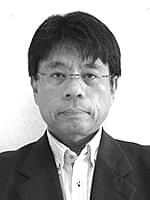
SSS
Kimio Sakai
Vice-mayor, Oki Town, Fukuoka Prefecture
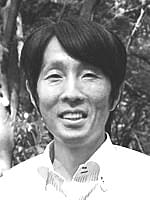
SSS
Shunichi Honda
Programme Officer, International Environmental Technology Centre, Economy Division, United Nations Environment Programme (UNEP)
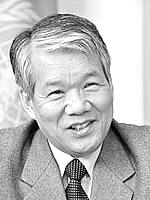
Moderator
Kazunobu Onogawa
Director, IGES Centre Collaborating with UNEP on Environmental Technologies

SSS
Agamuthu Pariatamby
Professor, Institute of Biological Sciences, Faculty of Science, University of Malaya
Dr. Agamuthu is a Senior Professor in Institute of Biological Sciences. He is the Founder Head of the Center for Research in Waste Management. Current responsibilities include Editor in Chief of Waste Management and Research, Editor-in-Chief of the Malaysian Journal of Science, and Vice-President of the Society of Solid Waste Management Experts in Asia and Pacific Islands (SWAPI) and the Founder President of the Malaysian Society of Waste Management and Environment. He has authored over 450 peer-reviewed articles, proceedings and invited papers. He has done over 75 consultancy projects and supervised over 150 Master’s Degree students and 20 doctoral students.

SSS
Masahiko Hirao
Professor, Department of Chemical System Engineering, School of Engineering, The University of Tokyo
Masahiko Hirao received his PhD in Chemical Engineering from The University of Tokyo. After working for a private company in researching computational physics, he joined Department of Chemical Systems Engineering, The University of Tokyo. His research interests cover environmentally conscious chemical process design and recycling systems design using life cycle assessment, and environmental education. He is also interested in connecting environmental information provided by manufacturers and eco-friendly actions by consumers. He served as a MAC member of the Consumer Information Programme in the UNEP 10-Year Framework of Programmes on Sustainable Consumption and Production Patterns, and now is the chair of Green Purchasing Network (GPN), Japan, and the project leader of a strategic research project “Policy Design and Evaluation to Ensure Sustainable Consumption and Production Patterns in Asian Region” (PECoP Asia).

SSS
Kimio Sakai
Vice-mayor, Oki Town, Fukuoka Prefecture
Mr. Sakai joined Ōki Town Office in 1883. Since 1993, as a member of Environment Division, he has been engaged in number of projects for separation of recyclable waste and utilization of household organic waste for composting, ahead of neighboring municipalities. He also initiated a research project in 2000 for organic waste circulation in collaboration with universities and local stakeholders towards building regional circulation of bio waste. In 2006, he became in charge of construction project of “Ōki Circulation Center - Kururun”, a facility capable of processing bio waste, excrement, and septic tank sludge by methane fermentation for regional material circulation. Subsequently, he was also responsible for announcing “Ōki Mottainai Declaration” in 2008, and establishment of Ōki Town Septic Tank Maintenance Association, contributing to the establishment of a unique system for regional sustainability in collaboration with the residents. He has been serving as the Vice-mayor of Ōki since December 2015.

SSS
Shunichi Honda
Programme Officer, International Environmental Technology Centre, Economy Division, United Nations Environment Programme (UNEP)
Dr. Shunichi Honda is Programme Officer at International Environmental Technology Centre, Economy Division, United Nations Environment Programme. He currently works for international waste management programmes and multilateral environmental agreements, such as the Minamata Convention on Mercury. Prior joining United Nations Environment Programme, Dr. Honda had also worked for multilateral environmental agreements on chemicals and waste, including the Basel and Minamata conventions, in the Ministry of the Environment, Japan, including his position at the National Institute for Minamata Disease. He holds a PhD in Environmental Science from the University of Shizuoka, Japan, and he completed a postdoctoral course in Tsinghua University, P.R.China.
